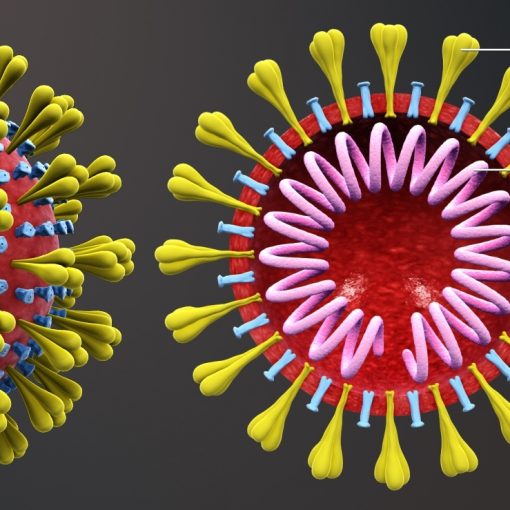The next meeting of the psychological club “Personality Plus” was held on November 18 and united all those interested in the problem of “Complexes as a concept of mental development and energy of man and the phenomena of his mental life.
The President of the Club Frida Rotan noted that everyone has ever considered himself “the best of all”, or “the worst of all”, or blamed himself “most of all” – in other words, is able to possess a complex that is a false (or invented, or maybe imposed) idea of a person about himself.

Madina Abeuova (3rd year student) stressed that the origins of the study of complexes go back to the analytical psychology of the Swiss scientist K.G. Jung, who predetermined the study of the inferiority complex of A. Adler.
Ego-oriented position of the Austrian psychologist and psychiatrist Adler determines, according to the student, the inferiority complex as a sense of personal inferiority.

A bright scientific debut was the theoretical study of freshman Dilnaz Nazarova about complexes as phenomena of human soul life.
Dilnaz noted that the complex “aspiration for superiority” acts as a protective mechanism of the psyche, in which there is a feeling of arrogance, caused by a latent sense of inferiority.

At the same time, the guilt complex, emphasizes Dilnaz, is such a psychological reaction of the personality, which involves constantly looking back at their own actions and analyze their mistakes.
Zere Kulsarieva (4th year) told about an interesting Peter Pan syndrome – it is a complex of prolonged boyhood caused by fear, unwillingness and therefore inability of the boy to grow up. Peter Pan – is an eternal child, soul and charm (and he can be thirty, and forty, and fifty …).

Our graduates Anna Kazbekova and Taisia Babayeva thought passionately and freely about the content and consequences of the Oedipus complex and the Electric Complex (both in childhood and in the juvenile period of ontogenesis).

Our club’s favorite Irina Elrich states after Adler: children’s diseases, complexes, fears everyone has, but someone is forced to go forward, and someone “opposite” is driven into a dead end. Why? A. Adler did not see anything strange about it, because overcoming complexes – is not yet a guarantee of success, often the fate of a person depends on what family and in what way he was born.

With the logic of her theoretical reasoning, I. Elrich proved that the order in which a child is born in a family is crucial, affecting the development and formation of personality.
At the end of the meeting, Frida Rotan, president of the psychological club “Personality Plus”, noted that the complexes do not necessarily mean inferiority. They remind us that there are some personal obstacles. But at the same time, they are both incentives to great aspirations, and a new opportunity for success.





